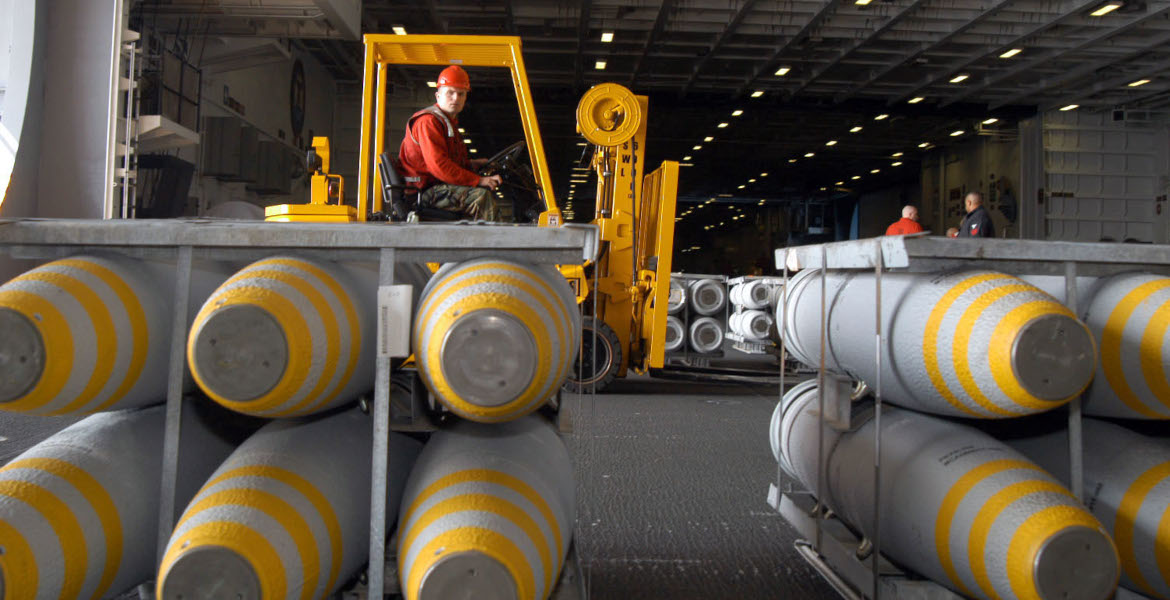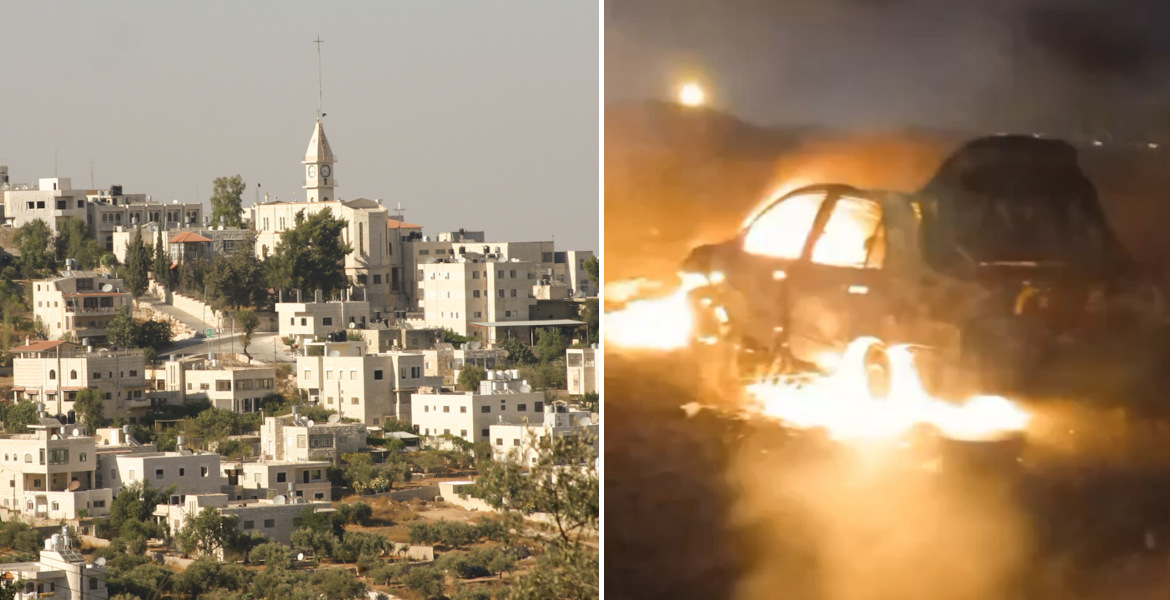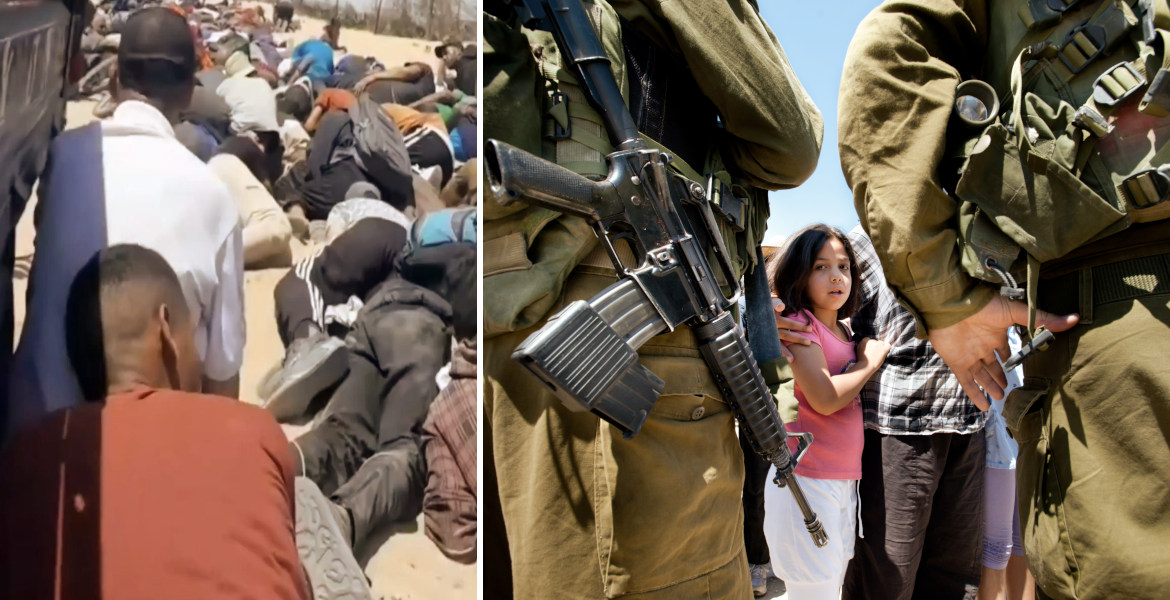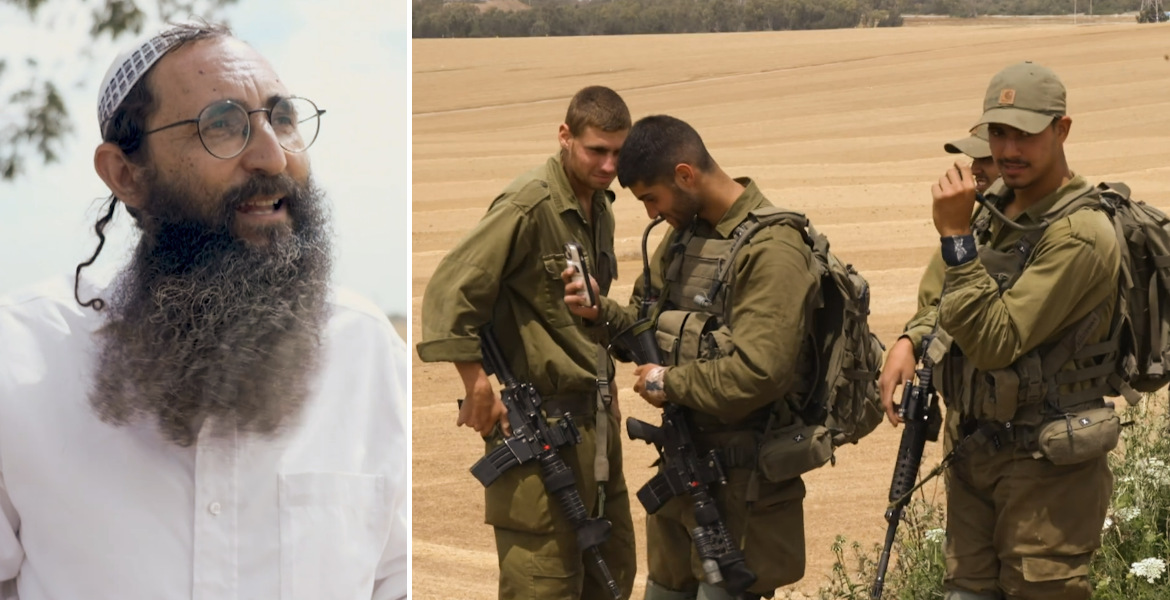Many say seemingly brave things. But do they do what’s needed to change a situation? It’s not too hard to denounce a party, wash your hands of a horrific situation. It’s harder to do something which might actually stop them from committing their criminal activity.
Many nations have denounced the Israeli as well as US governments. They deserve that and then some. Some have even called it “genocide” – but not one government has invoked the Genocide Convention against Israel. (By contrast, several nations just recently invoked it against Myanmar. Some of these countries have petitioned the ICC, but that body has a long record of not administering justice, particularly to Palestinians.)
Many say seemingly brave things. But do they do what’s needed to change a situation?
Head of the Palestinian Authority Mahmoud Abbas recently said: “This US policy makes it complicit in the crimes of genocide, ethnic cleansing, and war crimes committed by the Israeli occupation forces against Palestinians in Gaza, the West Bank, and Jerusalem.”
Brazil’s President Luiz Inácio Lula da Silva recently told Al Jazeera: “What we see is genocide going on, killing thousands and thousands of children that have nothing to do with that, women that have nothing to do with that.”
South Africa’s President Cyril Ramaphosa said: “The collective punishment of Palestinian civilians through the unlawful use of force by Israel is a war crime. The deliberate denial of medicine, fuel, food and water to the residents of Gaza is tantamount to genocide” See video. International Relations Minister, Naledi Pandor has referred to “atrocities and genocide of the Israeli government”. She has also stated: “South Africa cannot watch another genocide unfold” See video. [See piece by Patrick Bond on the influence of the Israel lobby in South Africa.]
Colombia’s President Gustavo Petro stated: “It’s called Genocide, they do it to remove the Palestinian people from Gaza and take it over. The head of the state who carries out this genocide is a criminal against humanity. Their allies cannot talk about democracy.” He has referred to the “genocide and barbaric acts against the Palestinian people.”
Venezuela’s President, Nicolas Maduro said: “We must demand, with one voice, an end to the genocide against the Palestinian people.” He reportedly also said: “Enough of the Nazi-Zionist genocide against the children of Palestine!”
“Enough of the Nazi-Zionist genocide against the children of Palestine!”
Algeria’s President Abdelmadjid Tebboune said: “Where is humanity? And where is the global conscience that has become absent regarding the genocide being committed?”’
Türkiye’s President Tayyip Erdogan called on Israel to “immediately end its operations amounting to genocide.”
Bolivia’s President Luis Arce called Israel’s actions “war crimes” and urged the United Nations Security Council to “prevent the genocide of the Palestinian people.”
Djibouti’s President Ismail Omar Guelleh said (according to a news report that didn’t use quotes): Palestinian people are being subjected to genocide and ethnic cleansing.

Jordan’s Foreign Minister Ayman Safadi said Israel’s actions were “within the legal definition of genocide.”
Pakistan’s UN Ambassador Munir Akram said: ”We cannot mince our words; we have to tell the Israelis: stop the genocide.”
Iran’s President Ebrahim Raisi told Russian President Putin: “What is happening in Palestine and Gaza is, of course, genocide and a crime against humanity.”
Qatar’s Emir Sheikh Tamim bin Hamad Al-Thani denounced as “shameful” international inaction over Israel’s “genocide” in Gaza as he opened a Gulf Cooperation Council meeting in Doha. He was quoted by Al Jazeera: “It is a disgrace on the international community to allow this heinous crime to continue for more than two months – where the systematic and purposeful killing of innocent civilians continues, including women and children.” (As I have noted, Al Jazeera English, which is funded by Qatar, has, to my knowledge not reported to their viewers than any country can invoke the Genocide Convention.)
Oman’s Foreign Minister Sayyid Badr Albusaidi said: “Oman regards this act as a continuation of war crimes and genocide and a clear breach of international laws and conventions established to protect people during conflicts.”
Prof. Francis Boyle from the University of Illinois notes: “Article 1 of the Genocide Convention requires all contracting parties to ‘prevent’ genocide.”
Boyle represented Bosnia before the ICJ and that court ruled:
In fact, a State’s obligation to prevent, and the corresponding duty to act, arise at the instant that the State learns of, or should normally have learned of, the existence of a serious risk that genocide will be committed. From that moment onwards, if the State has available to it means likely to have a deterrent effect on those suspected of preparing genocide, or reasonably suspected of harbouring specific intent (dolus specialis), it is under a duty to make such use of these means as the circumstances permit.
“Article 1 of the Genocide Convention requires all contracting parties to ‘prevent’ genocide.”
The Convention on the Prevention and Punishment of the Crime of Genocide, adopted 75 years ago, states in its opening paragraph: “The Contracting Parties confirm that genocide, whether committed in time of peace or in time of war, is a crime under international law which they undertake to prevent and to punish.” The “Contracting Parties” should live up to said contract.
Specifically Article 9 states: “Disputes between the Contracting Parties relating to the interpretation, application or fulfilment of the present Convention, including those relating to the responsibility of a State for genocide or any of the other acts enumerated in Article 3, shall be submitted to the International Court of Justice at the request of any of the parties to the dispute.” Again, the “Contracting Parties” should live up to said contract.
Other countries have stopped short of calling it genocide, but their words clearly indicate that they understand the threat of genocide is there. Irish President Michael D. Higgins on Israel said: “To announce in advance that you will break international law and to do so to an innocent population reduces all the code that was there from the Second World War on the protection of civilians, and it reduces it to tatters.” President of Sinn Féin Mary Lou McDonald made a fiery speech which got a lot of traction online, but ultimately it was just a call for Ireland going to the ICC, which, has been a dead end and has already been done by several other states over the last two months.
Meanwhile, calls by Irish Nobel Peace Laureate Mairead Maguire and others for the Irish government to invoke the Genocide Convention have gone unheeded.
Other countries, including Chile, Indonesia, Bangladesh, Comoros, Belize, Chad, Honduras, Bahrain, Cuba, Belgium and Spain have been critical of Israel, often accusing it of war crimes in ways that show that they too explicitly understand the need to prevent a genocide. Indeed, the recent UN resolution for a ceasefire had about 100 co-sponsors. But none of them have invoked the Genocide Convention either.
Particularly interesting is this piece on Malaysia “Malaysia unlikely to invoke Genocide Convention, says expert.”
Sam Husseini
This article was originally published on Sam Husseini’s Substack
About the author
Sam Husseini is a Jordanian-Palestinian journalist and political activist. Currently serving as the communications director of the Institute for Public Accuracy in Washington DC, he has a background in promoting progressive experts in mainstream media. His career includes work with the American-Arab Anti-Discrimination Committee and Fairness and Accuracy in Reporting.
A US citizen since 1984 and a Carnegie Mellon University graduate, he has contributed to various publications including CounterPunch, The Nation, and The Washington Post. Known for his forthright style, he has been involved in notable incidents like questioning the Saudi ambassador at the National Press Club and being removed from a Russia–United States summit press conference.








